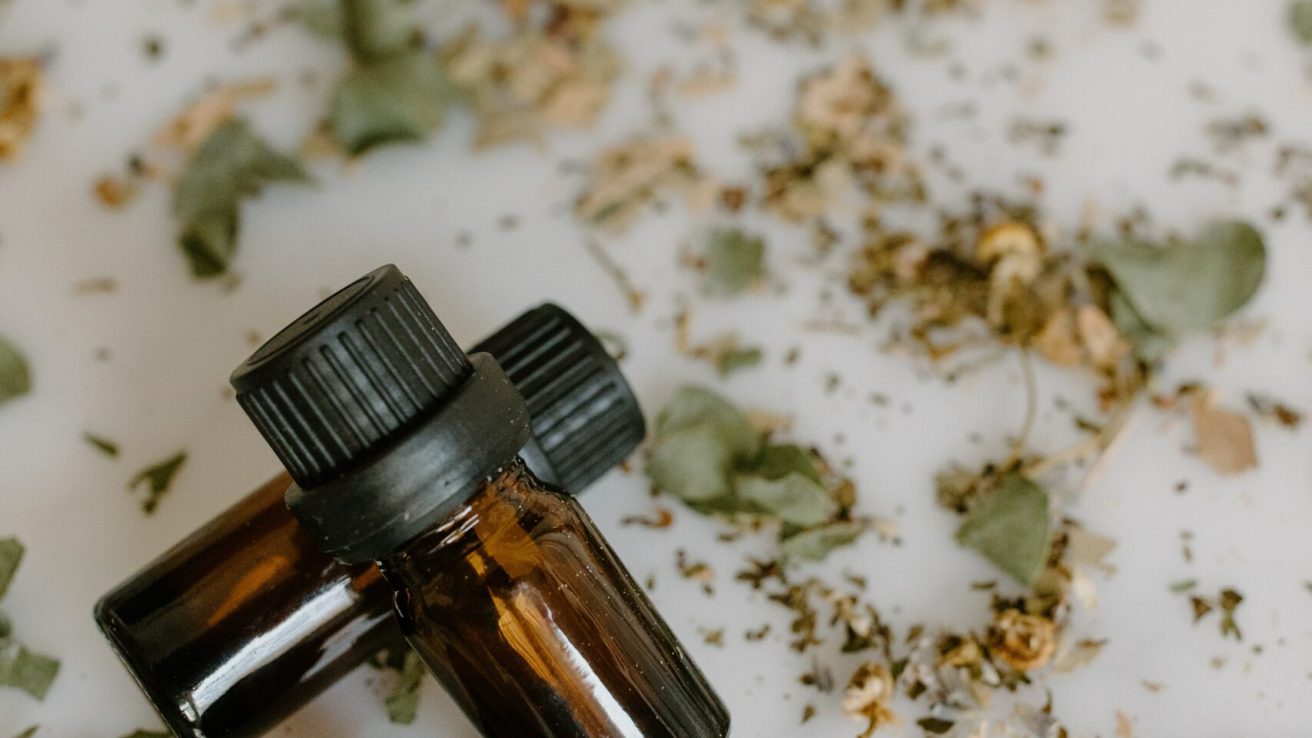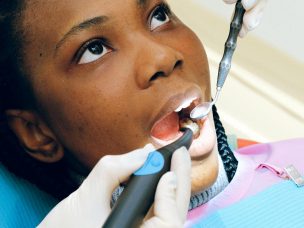Natural compounds, including antioxidants, contribute to the improvement of both vitiligo and associated mental health disorders, leading to a limited need for therapies and a better quality of life.
Vitiligo is described as an autoimmune dermatosis and is often associated with mental health disorders. However, the cause–effect relationship between the two is yet to be known. Natural compounds such as antioxidants are potentially effective for improving both dermatosis and associated mental health disorders in vitiligo. The findings of this review are published in the journal Antioxidants.
Psychiatric Comorbidities of Vitiligo and Current Therapies
Anxiety and depression are the two most frequent psychiatric comorbidities in vitiligo patients. Others include schizophrenia, obsessive–compulsive disorder (OCD), bipolar disorder, and manic disorder. There is a stronger correlation with the onset of mental disorders in vitiligo than in psoriatic patients, contributing to a greater economic burden on health. Compared to adolescents and adults, who can conceal exposed areas with makeup, children are more susceptible to anxiety and depressive symptoms. Current therapies include prescription anti-depressants. However, these are associated with minor and major adverse effects. Potentially useful drugs may include vitamin D analogs, JAK inhibitors, glucocorticoids, and narrow-band UVB therapy (nb-UVB).
Natural Compounds for Vitiligo and Mental Health Disorders
Natural compounds with neuroprotective, antioxidant, and anti-inflammatory properties are useful for ameliorating vitiligo dermatologic symptoms and associated mental disorders, owing to pathogenic mechanisms of vitiligo that include altered melanogenesis, oxidative stress, and autoimmunity. Natural compounds for which efficacy has been reported for treating vitiligo and/or mental disorders include:
Baicalein, a flavonoid that reduces oxidation and inflammation while enhancing neuroprotective and neurotrophic factors, with some indications that it promotes neurogenesis in the hippocampus.
Quercetin modulates antioxidant genes implicated in mental health and activates the MITF gene, which regulates expression of key melanogenic enzymes, and tyrosine kinase.
Curcumin improves depression and anxiety symptoms.
Kaempferol reduces inflammation and promotes both melanogenesis and migration of melanosomes in melanocytes. Also, has anxiolytic effects by regulating endocannabinoid levels.
Cannabidiol reduces stress and anxiety levels and decreases oxidative stress.
Epigallocatechin reduces the infiltration of CD8+ T cells and pro-inflammatory cytokines. Regarding mental disorders, this compound reduces anxiety and depression symptoms by inhibiting IL-6, with downstream protective effects on the hippocampus, and modulating GABA secretion.
Glycyrrhizin reduces inflammation and promotes serotonin synthesis, as well as enhances melanogenesis. This compound has greater efficacy when administered with nb-UVB therapy.
Lack of Sufficient Evidence
There are a limited number of randomized controlled trials that demonstrate the use and effectiveness of natural compounds in different pathogenic mechanisms of vitiligo. Further studies are required to yield more evidence and support the therapeutic potential of these compounds.
Natural compounds contribute to improvement in vitiligo and mental health disorders, owing to antioxidant, anti-inflammatory, and neuroprotective properties.
Source
Di Bartolomeo, L., Custurone, P., Irrera, N., Borgia, F., Vaccaro, F., Squadrito, F., & Vaccaro, M. (2023). Vitiligo and Mental Health: Natural Compounds’ Usefulness. Antioxidants, 12(1), 176. MDPI AG. Retrieved from http://dx.doi.org/10.3390/antiox12010176










